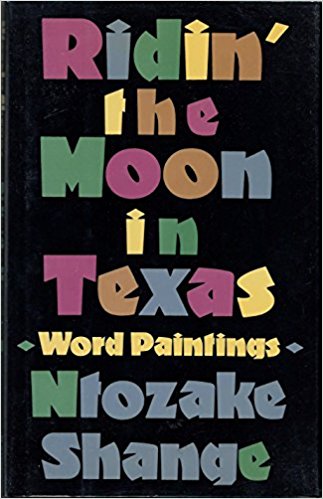
The volume culminates in a group portrait of Duke Ellington, percussionist Ray Barretto, jazz great Dizzy Gillespie and Dr. Nelson conveys the learned man's advancing years but, once seated on the couch, Du Bois exudes wisdom and dignity. Paul Robeson hangs his hat on a coat rack, emphasizing the man's larger-than-life presence and tall, athletic stature ("robeson no mere memory") while "du bois walked up my father's stairs" with the aid of a cane. Presented without punctuation, apostrophes or capital letters, the affectingly wistful verse flows freely and lyrically: "it hasnt always been this way/ ellington was not a street," it begins. ) ingeniously sets the events in the home of the narrator, depicted as a curious, winning girl in oil paintings that strongly evoke the period and mood as the renowned visitors start to gather in her convivial, well-appointed house.


), serves as the narrative for this elegiac tribute to a select group of African-American men who made important contributions to 20th-century culture. At once personal and universal, Shange's poem, "Mood Indigo" (published in her 1983 poetry collection, A Daughter's Geography


 0 kommentar(er)
0 kommentar(er)
